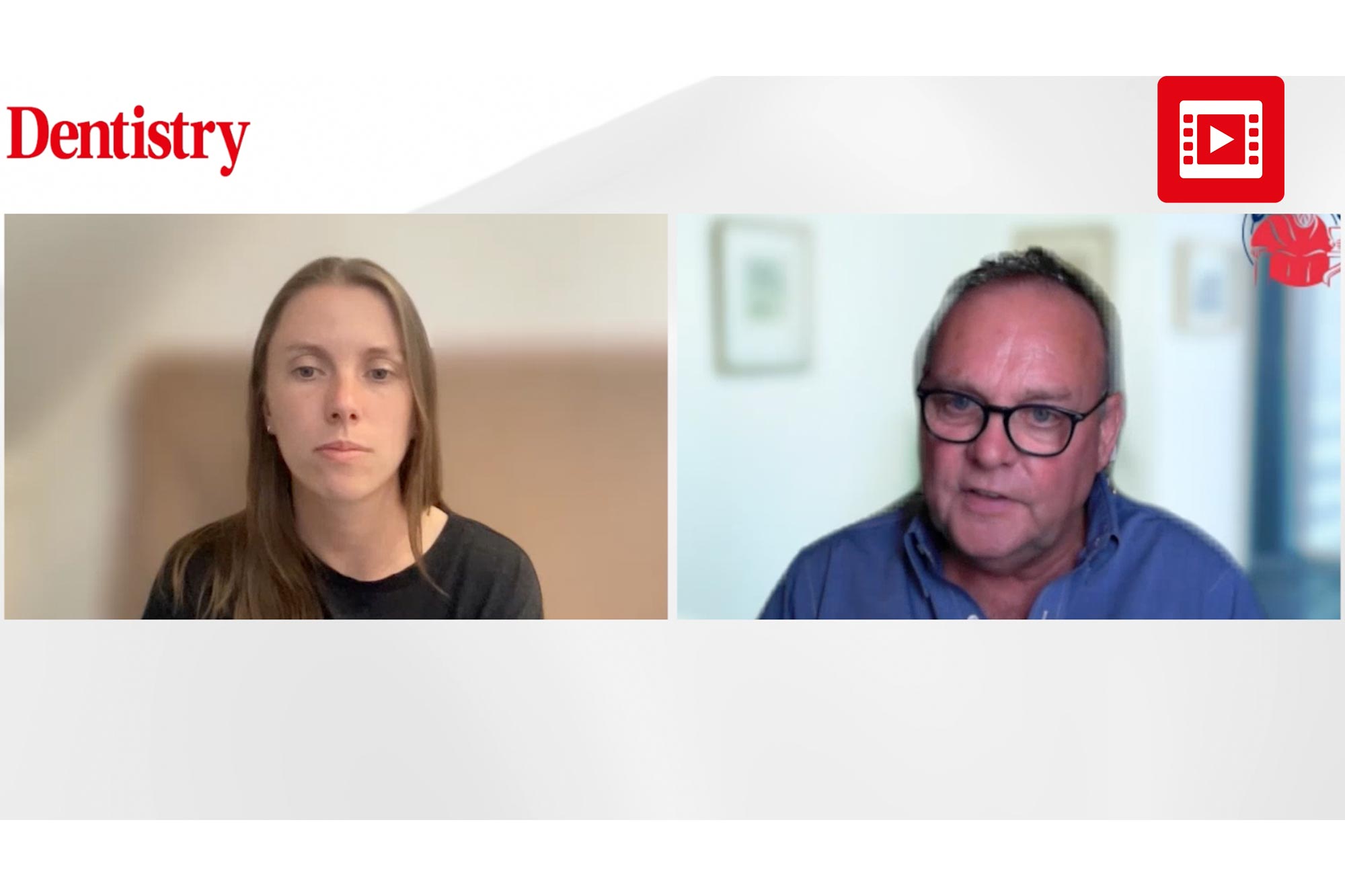John Makin, head of the DDU, explains some of the take away points of this election and what he would like to see in the coming months.
In terms of key talking points this election, the NHS is one of the strongest services on the planet, and is therefore deep in the psyche of the UK population.
Consequently, all NHS matters commonly feature in manifestos at general election time. This time around, dentistry is way up the batting order, mainly due to public concerns – particularly over NHS dentistry access and the affordability of caring.
We’ve long called for reform of the General Dental Council (GDC) and that keeps being pushed onto the back burner. We would certainly want the next government to pick up that particular baton. But what I would say is that policy makers need to consider the impact of dental policy on patients and on the NHS.
Recent history has shown us that there are no quick solutions or fixes. Any solutions that are put in place need to be measured and considered, as with other areas of life. Knee jerk policy decisions often give rise to unintended consequences. For example, we’re seeing some of those already with practices trying to deliver direct access within regulations that haven’t changed and have simply been reinterpreted.
Also, the DDU made submissions on the consultation on provisional registration, so we hope and expect that any changes in that respect will be considered to make sure that there’s adequate supervision of any provisionally registered colleagues. It’s important that they are not in a position where they are exploited in any way.
Current difficulties
I think politicians are the ones making all the promises, and ultimately, in the long term, can be called to account by the electorate to see whether or not they’ve stuck to those promises.
But importantly, in the shorter and medium term, it’s our hard working colleagues on the front line who are having to take the flak for any shortcomings. I think patients and patient groups also have to recognise that the current difficulties are, to some extent, outside the control of individual practices. But it’s important, however frustrated patients may be, that they should treat those trying to help them with respect, because it is a two-way street.
On wellbeing, dentistry, by its very nature, can be a stressful activity. Dental professionals are carrying out highly skilled work in a close environment, often with anxious or nervous patients. Someone who used to teach me once said that a dentist must have the eye of an artist, the mind of an engineer and the hand of a jeweller.
The dentist has to work within the business and practice side of dentistry, as well as balancing compliance pressures, patient access concerns and complaints. With our current regulatory environment, it is not surprising that colleagues feel under pressure.
Adding to that, there’s the delays at the GDC. The DDU has got experienced colleagues always at hand on the end of the phone to talk things through, but we’ve introduced initiatives such as a wellbeing helpline, peer support network and direct Teams calls with our advisers so people can put a face to a name.
There’s also a variety of risk management initiatives to try and put the current culture of fear into perspective.
Follow Dentistry.co.uk on Instagram to keep up with all the latest dental news and trends.





